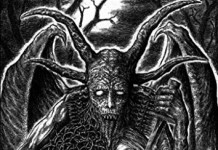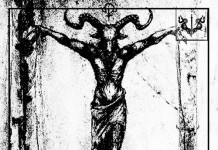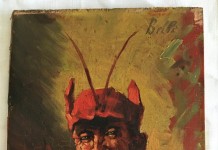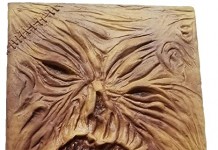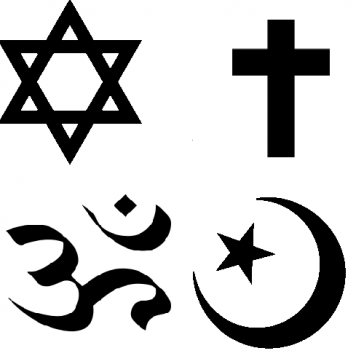Moloch, also known as Molech, Molekh, Molok, Molek, Molock, Moloc, Melech, Milcom or Molcom is the name of a demonic prince of hell. He later became worshiped as an ancient god of an ancient people called the Ammonites. He was also worshiped by other ancient cultures including the Canaanites, Phoenicians and the Levant. In later centuries a variant known as Baal Hammon would be worshiped by the Carthaginians. Worship of Moloch involved the ritual sacrifice of children and was strictly forbidden to the Hebrew people as they traveled from Egypt and into the land of Canaan. It is important to note that Moloch is the same being as Baal.
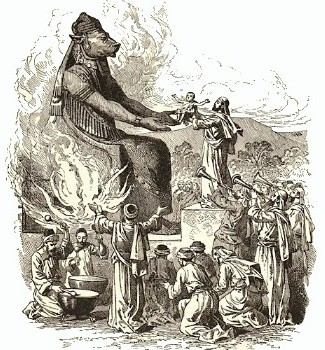
The Old Testament, or Masoretic texts specifically mention Molech or Moloch and the punishments that would accompany anyone caught worshiping him. In Leviticus the Hebrews are warned away from sacrificing their children to the god and are told that if they are caught doing so they are to be stoned. In addition they are warned that God will set Himself against anyone who is caught worshiping Molech, as well as cut them off from their family and home. There are also mentions in the book of 2 Kings, the book of Jeremiah, the books of Deuteronomy and Ezekiel.
Despite some arguments that the references to child sacrifice are overblown and the verbiage meant to simply hand a child back and forth over the flames, the Hebrew phrase used to describe the process has an implied translation of ‘to burn’ rather than that of ‘to pass between flame’. Children were sacrificed to Moloch along with livestock and grains. In Rabbinical commentary of the book of Jeremiah, Shlomo Yitzchaki, known most commonly by the acronym Rashi, stated that the idol used for sacrifice,
“…was made of brass; and they heated him from his lower parts; and his hands being stretched out, and made hot, they put the child between his hands, and it was burnt; when it vehemently cried out; but the priests beat a drum, that the father might not hear the voice of his son, and his heart might not be moved.”
In the Yalkut Shimoni, or Yalkut, it is described as being a hollow idol with seven compartments. In one went flour, in another doves, in another an ewe, then a ram in the next, a calf after that, an ox in the sixth and a child in the seventh. The statue would then be heated through the hollow inside and all cremated via the heat.
In the Carthaginian practices of worship children were placed in the hands of the idol and they rolled down the hands and into an open flame. Parents were forbidden to weep and had to pay a coin price if they were caught doing so. In fact, when Agathocles defeated the Carthaginians they became panicked that they had displeased the diety and sacrificed 300 children. The desire to sacrifice to the god for blessings was so perverse that the childless wealthy would buy children from the poor and if the poor parents were seen to weep over the loss of their child they had to forfeit the money they had received and their child was still sacrificed to Moloch.

